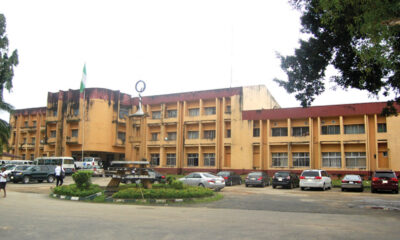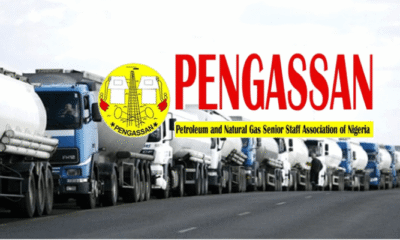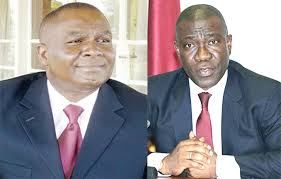Breaking News
NARD Declare 5-day Nationwide Warning Strike

The National Association of Resident Doctors (NARD) has announced a five-day nationwide warning strike, set to begin 8:00 a.m. Friday, September 12, 2025, and run through to Tuesday, September 16. The action is intended to press home a range of longstanding demands over working conditions, remuneration, and certification issues.
The decision follows an online meeting of NARD’s National Executive Council (E-NEC) on Wednesday, September 10, which extended into the early hours of the next day. In that meeting, all members unanimously resolved to embark on the warning strike, according to Agbor Affiong, General Secretary of NARD-FCTA.
NARD President Osundara Zenith had already issued a 10-day ultimatum to the government over unresolved issues: poor working conditions, frequent power shortages, the downgrading of postgraduate certificates, delayed payment of allowances, and unmet expectations around the Medical Residency Training Fund (MRTF) among others. When those talks failed to yield results, the strike was triggered.
Some of the key demands from NARD include:
– Restoration of recognition for West African postgraduate membership certificates
– Prompt disbursement of salary backlogs and specialist allowances
– Full payment of the 2025 Medical Residency Training Fund (MRTF)
– Correction of any downgrading in certificates by relevant regulatory bodies
– Improvement in hospital infrastructure, reliable power, and better welfare for doctors
It is worth noting that the warning strike comes at a time when some state chapters are also observing industrial action. For example, the Resident Doctors in the Federal Capital Territory are already on a seven-day warning strike that began earlier this week.
In addition, the healthcare system is being stretched thin by brain drain, obsolete medical equipment, and overworked staff. Many doctors say they have been working long hours without adequate resources or pay, and that morale is low.
If the strike proceeds:
Public hospitals, including teaching hospitals, specialist clinics, diagnostic centres, laboratories, and wards, are expected to see major disruptions.
Emergency services may be impacted but often remain partly operational under strike protocols.
Some state governments may see a surge in out-of-pocket medical care or patients travelling to private facilities.
The timing puts pressure on the federal government to negotiate or respond quickly to avert crisis.
As of now, there is no public indication that the federal government has met the demands laid out by NARD. Government health agencies have been urged to hold talks and address issues of certificate recognition, payment of arrears, and improvement in hospital conditions.
























